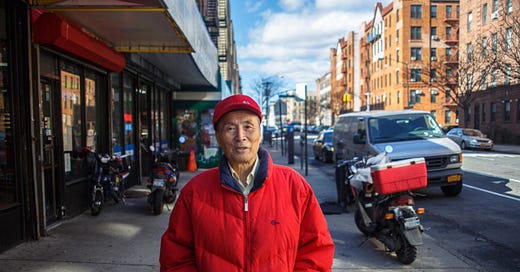Sunnyside’s Setup Artist
From a Burger King booth in Queens, a seventy-five-year-old matchmaker pairs Korean-Americans the old-fashioned way.
One day last July, my mother told me that an older Korean man had spotted me walking in her neighborhood of Sunnyside, Queens on a few occasions. When the stranger later saw my mom on the street, he was curious to know if I was her daughter since he noticed a resemblance. He asked my mother if I was single, and told her that he wanted to relay a message—that he knew a family friend with a son who would be perfect for me. Did I want to be set up?
I had to go on the date, my mother insisted.
Ordinarily I would have flat-out refused. Like most people, sure, I would love to find a compatible partner and a loving, long-term relationship. However, marriage is not something that weighs on my mind, let alone represents a dire emergency. My mother, however, does not feel the same way. I am thirty-three, unmarried and an only child. In the Korean immigrant community my parents are a part of, these facts elicit headshaking and sorrowful sighs from family and friends alik…
Keep reading with a 7-day free trial
Subscribe to Narratively to keep reading this post and get 7 days of free access to the full post archives.




